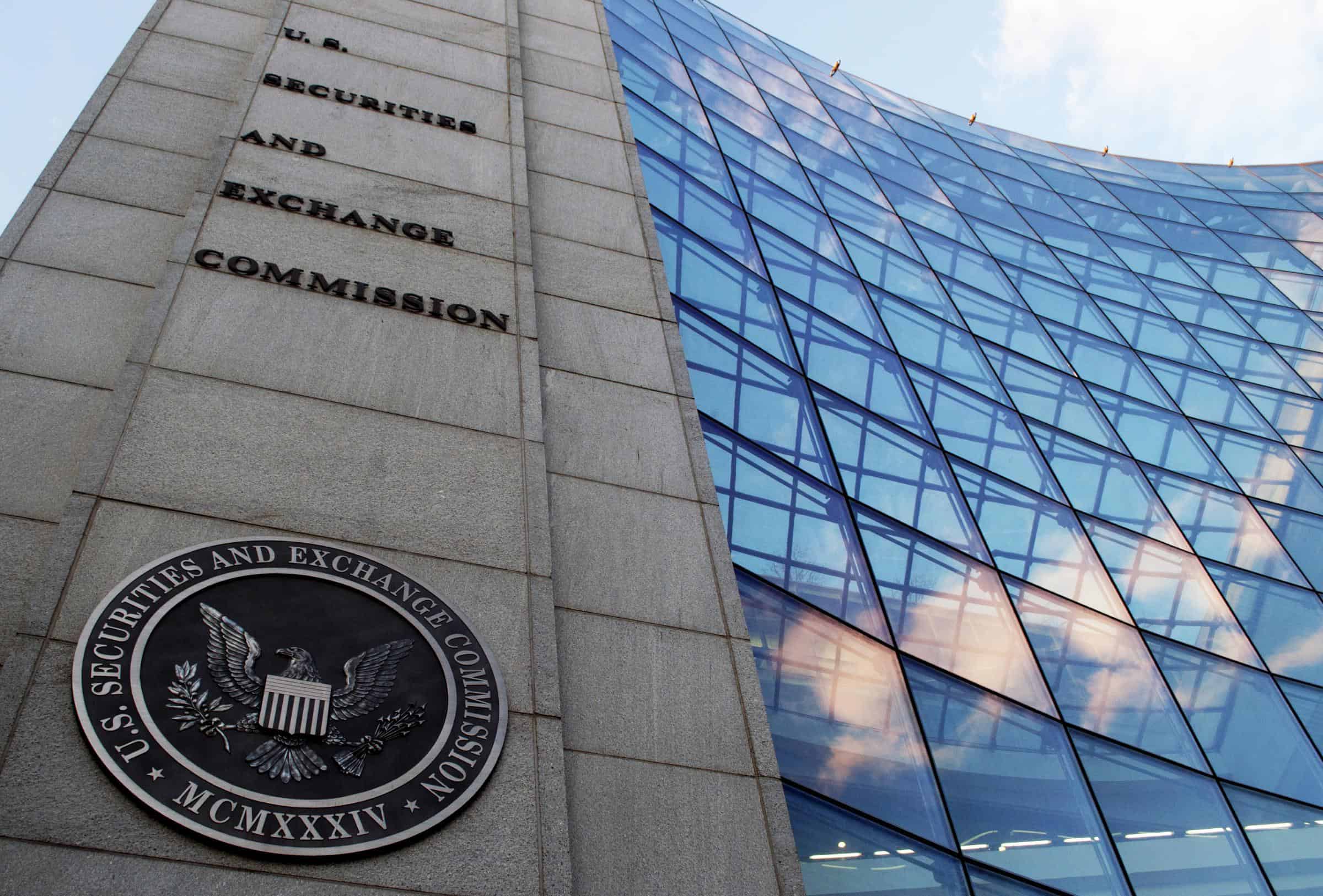Anthem – yes, that Anthem – has been hacked again. About a month after the beleaguered health insurer agreed to fork over a record-setting $115 million to settle a class action lawsuit related to its massive 2015 breach, it was breached again, or rather, one of its third-party vendors was. The 2017 Anthem breach involved approximately 18,000 Medicare members whose personal information was stolen by a malicious insider employed by LaunchPoint Ventures, a Medicare insurance coordination services firm. Healthcare IT News reports:
LaunchPoint discovered on April 12 that an employee was likely stealing and misusing Anthem and non-Anthem data. The employee emailed a file containing information about Anthem’s members to his personal address on July 8, 2016.
The file contained Medicare ID numbers, including Social Security numbers, Health Plan ID numbers, names and dates of enrollment. Officials said limited last names and dates of birth were included.
Takeaways from the Latest Anthem Breach
The Anthem breach is the latest to underscore the need for organizations to manage cyber risk throughout their entire enterprise ecosystem. Anthem’s own systems weren’t hacked; their third-party vendor was. Other recent victims of third-party breaches include Netflix, the Republican National Committee, Trump Hotels, Verizon, and Google (which was impacted by a breach at a third-party vendor of one of their third-party vendors).
As organizations outsource more and more IT services, from payroll to billing to web development, hackers are increasingly targeting these service providers. It is estimated that 63% of all enterprise breaches can be traced back to a third-party vendor. Hackers may choose to attack these service providers because many of them are smaller firms whose cybersecurity may not be as robust as that of the national or multinational corporation whose data they really want.
Know Your Vendors
The danger of third-party data breaches is one of the reasons why the U.S. Department of Defense is requiring not only its primary contractors, but any firm they subcontract DoD work to, to be compliant with the DFARS security standard by the end of 2017.
Private-sector organizations should take a cue from the DoD and only do business with IT service providers who have released AICPA SOC / SSAE16 reports and/or who have important IT security certifications such as NIST, ISO, or FedRAMP. These organizations have proven their commitment to the highest levels of data security by undergoing rigorous security audits that require them to adhere to certain procedures and controls and put them in writing.
Likewise, IT service providers should obtain the appropriate data security certifications and demonstrate to their customers that they have strong security controls in place. Continuum GRC’s IT Audit Machine (ITAM) empowers organizations to get and maintain compliance the easy way, with self-help modules covering numerous compliance standards, including FedRAMP, SSAE 16, COBIT, ISO 27001, ISO 27002, ISO 27005, SOX, FFIEC, PCI, GLBA, HIPAA, CMS, NERC CIP, DFARS, and other federal and state mandates.
Don’t Expect to Pass the Buck
Just because a breach is your vendor’s fault doesn’t mean your organization will be shielded from liability. The $300 million Target breach, which resulted in both the CEO and the CISO losing their jobs, involved a third-party point-of-sale vendor.
The scope of potential liability just broadened; shortly after news of the Anthem breach broke, a U.S. Court of Appeals issued a ruling against health insurer CareFirst, allowing a class-action lawsuit filed by customers impacted by a 2014 breach to move forward. The ruling is expected to have wide implications, allowing customers not only of health insurers but also of any company to sue if their personal information is stolen.
Ensuring good governance, risk management, compliance, and cybersecurity throughout your enterprise ecosystem takes far less time and costs far less money than doing damage control after a breach happens.
The cybersecurity experts at Lazarus Alliance have deep knowledge of the cybersecurity field, are continually monitoring the latest information security threats, and are committed to protecting organizations of all sizes from security breaches. Our full-service risk assessment services and Continuum GRC RegTech software will help protect your organization from data breaches, ransomware attacks, and other cyber threats.
Lazarus Alliance is proactive cybersecurity®. Call 1-888-896-7580 to discuss your organization’s cybersecurity needs and find out how we can help your organization adhere to cybersecurity regulations, maintain compliance, and secure your systems.




